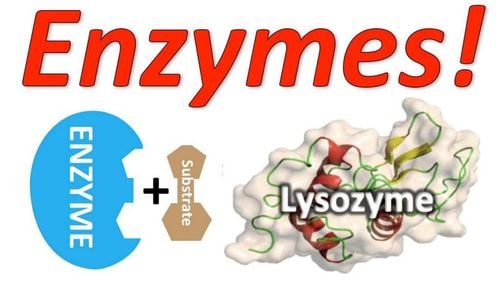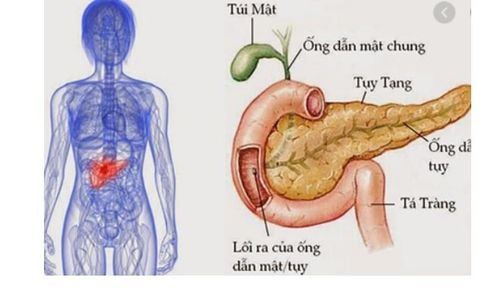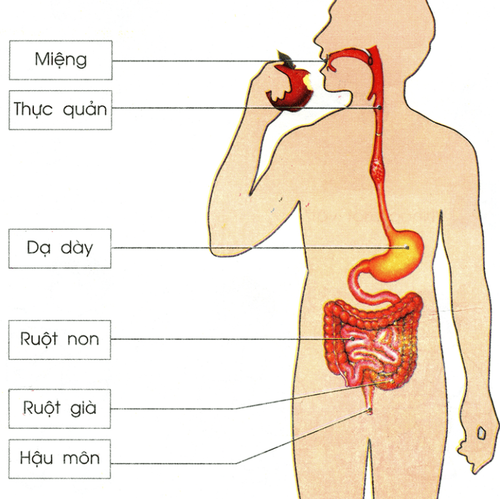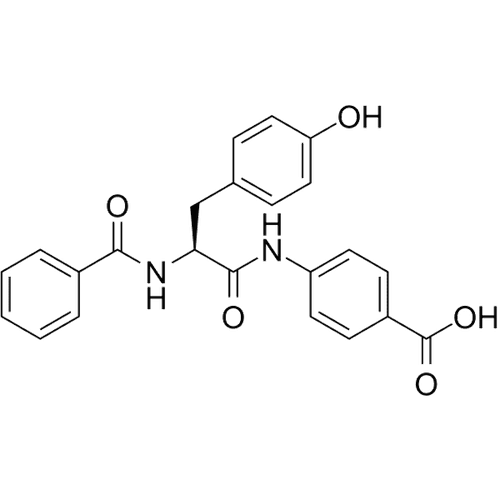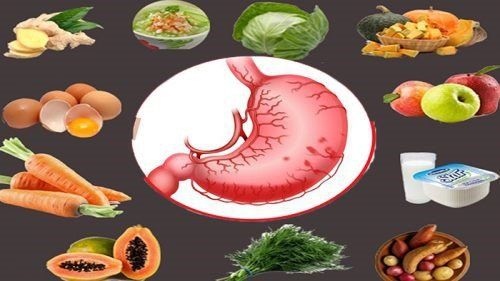This is an automatically translated article.
The pancreas has an important role in creating enzymes and breaking down digestive enzymes to help the stomach digest food and absorb nutrients. Therefore, when suffering from exocrine pancreatic insufficiency, many patients often wonder what to eat with pancreatic insufficiency?
1. What is exocrine pancreatic insufficiency?
The pancreas, along with the sweat and salivary glands, are the exocrine glands of the body, responsible for releasing substances into an organ or through the surface of the skin by ducts. The pancreas is responsible for both endocrine and exocrine gland functions, with the main task of helping the body digest and absorb nutrients to provide the body. When there is a certain disorder, the pancreas will not produce or produce enough digestive enzymes, resulting in food that cannot be broken down and the body is not provided with nutrients.
Patients with exocrine pancreatic insufficiency (EPI) often present with abdominal pain, bloating, and diarrhea due to undigested food. If it happens often, it will cause weight loss, malnutrition, loose stools.
2. Causes of exocrine pancreatic insufficiency
Causes of exocrine pancreatic insufficiency include:
Chronic pancreatitis: This is a long-lasting disease that cannot be cured, inflammation will damage the cells that produce digestive enzymes. This is a common cause of exocrine pancreatic insufficiency in adults. Acute pancreatitis: If not treated properly, it can progress to chronic pancreatitis and increase the risk of disease. Autoimmune pancreatitis: The patient has an autoimmune attack. This disease can be treated using steroid medications prescribed by your doctor to improve enzyme production. Diabetes: Most people with diabetes will be accompanied by exocrine pancreatic insufficiency, the cause of this association is still unknown. Pancreatic cancer: Exocrine pancreatic insufficiency is one of the complications of pancreatic cancer or after surgery for pancreatic cancer. Caused by cancer, new pancreatic cells will be gradually replaced, leading to exocrine pancreatic insufficiency or tumors that block the enzyme's path. Zolliger-Ellison syndrome: This is a rare disease that occurs when tumors in the pancreas produce many hormones along with an increase in stomach acid that makes digestive enzymes not work properly.

Khi bị suy tuyến tụy ngoại tiết, bạn nên chia bữa ăn ra làm nhiều lần trong ngày
3. How is the pancreatic insufficiency diet?
When you have exocrine pancreatic insufficiency, the diet is something that you need to be extremely attentive to. This means that you need to use foods so that the proteins, fats and carbohydrates in the food are broken down properly so that the body can receive enough nutrients. Here are some methods that can be very helpful:
Eat several small meals throughout the day: When you have exocrine pancreatic insufficiency, you should divide meals into several times a day and each time with a small amount of food. eat. It will help you feel comfortable and the food will be digested more easily. Maintain a low-fat diet: Digesting fat is difficult for the body during this stage, so you should avoid consuming too much of this ingredient, especially saturated fat and fat. metabolism . Eat no more than 20 grams of fat per day or more than 10 grams of fat in a single meal. Try to limit it in your diet in a few ways such as eating grilled foods instead of frying, using cooking soy sauce instead of oil or butter, and choosing low-fat or fat-free dairy. Use lean proteins like chicken or turkey breast, egg whites or tuna soaked in water. This will provide the body with the fuel it needs while keeping the meal low in fat. Avoid too much fiber: While it's often part of a healthy diet, fiber can also prevent pancreatic enzymes from digesting fat. Consult your dietitian about foods high in these nutrients, such as lentils and beans. Beware of processed foods: Packaged snacks, frozen dinners, and the like can be high in unhealthy fats. Be sure to check nutrition labels and ingredients before you buy. Take vitamin supplements: Because the body can't properly digest fats, you won't get vitamins that your body must absorb through fat, also known as fat-soluble vitamins like A, D, E, and K. Therefore, your doctor may prescribe these vitamins to supplement you. Do not drink alcohol and alcoholic beverages: It can make the symptoms of exocrine pancreatic insufficiency worse. Excessive alcohol consumption is also a cause of chronic pancreatitis and exocrine pancreatic insufficiency. In addition, alcohol also makes it harder for the body to absorb fat, so it is best not to use alcohol. Drink enough water every day: It is advisable to carry a bottle of water with you to ensure that the body is always hydrated. In addition, other liquids in your diet such as juices and caffeine-free beverages are also very healthy. Cystic fibrosis: If you have this genetic disorder accompanied by exocrine pancreatic insufficiency, you need a high-fat, high-calorie diet to make sure your body can function properly. That means eating 20% to 50% more calories than people without cystic fibrosis. To have a balanced diet with the right amount of salt, fat and protein in this case, it is necessary to talk with a nutritionist to have the most reasonable eating plan for you. Exocrine pancreatic insufficiency is a disease related to the digestion of food, so following a proper diet is very important for a stable digestive system. When you need to adjust your diet, you should consult a nutritionist for the most effective method.
Follow Vinmec International General Hospital website to get more health, nutrition and beauty information to protect the health of yourself and your loved ones in your family.
Please dial HOTLINE for more information or register for an appointment HERE. Download MyVinmec app to make appointments faster and to manage your bookings easily.
References: webmd.com, everydayhealth.com





